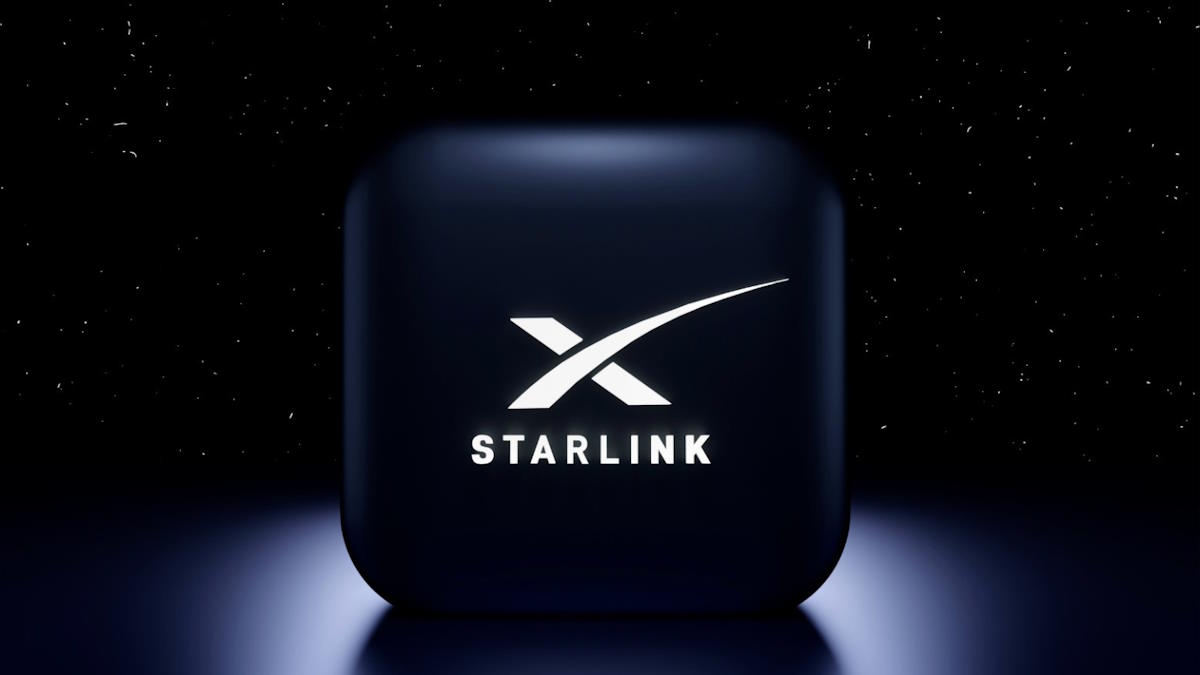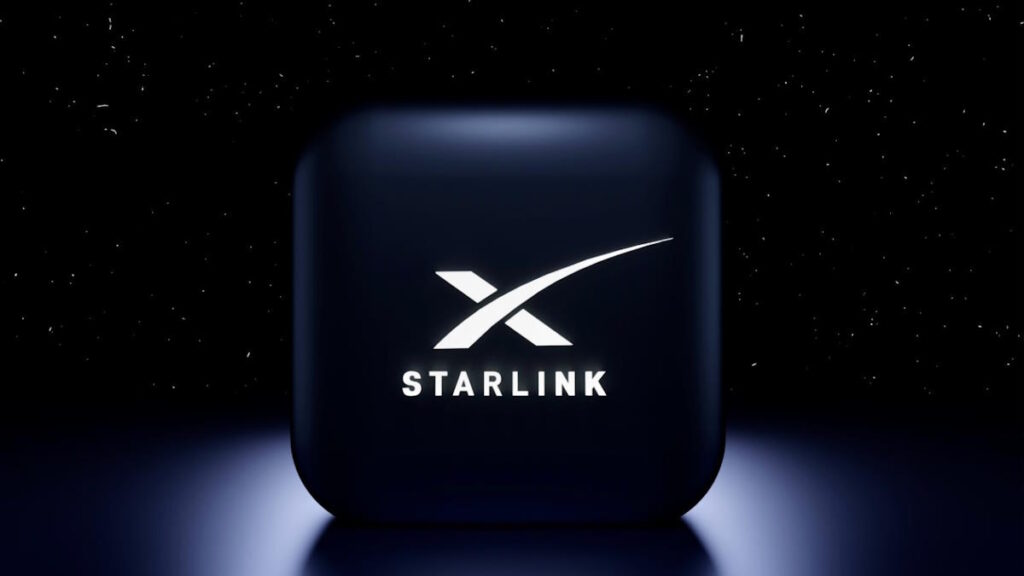More and more users depend on communications and hence want to adopt satellite communications. Manufacturers are following this path and SpaceX does not want to be left behind. That's why you're testing the Direct to Cell service, which seems to be growing perfectly. Elon Musk and SpaceX have now announced that their satellite service has passed tests with Android and iPhone.
SpaceX crushed tests with Android and iPhone
The first applications for satellite communications appeared on smartphones from Huawei and Apple. These were still limited, as they relied only on text messages. Naturally, this quickly developed and grew into a full-blown connection.
SpaceX, as a result of having a network of available satellites, decided to also invest in this connectivity. To achieve this, it created the Direct to Cell service, which it has been actively testing. Elon Musk's company has now revealed that its satellite service has passed tests with Android and iPhone.
3c97eda2-0f5e-4ec2-9147-64ca4dd09b35
"Direct to cell" can be almost here
in The letter was sent to the Federal Communications Commission (FCC).It revealed that its initial tests of the Direct to Cell satellite service “meet or exceed test objectives.” To evaluate performance, the company used “several models of unmodified Samsung, Apple, and Google devices using the PCS G Block spectrum.” This success allowed sending and receiving traditional SMS, X and WhatsApp messages.
This service had no problems locating devices. The company said Direct to Cell works in “urban and rural areas, indoors and outdoors, in clear skies and under tree cover.” Tests were conducted in Redmond and Kansas City. Additionally, SpaceX devices were able to communicate without “harmful interference from adjacent range devices.”
SpaceX just achieved a maximum download speed of 17MB/s from a satellite directly to an unmodified Samsung Android phone pic.twitter.com/JqPHmkriv0
- Elon Musk (@elonmusk) March 2, 2024
Elon Musk showed the test results
Although it is now official, these results were previously published by Elon Musk a few days ago. In a message posted on the X website, Elon Musk revealed that he was able to achieve a download speed of 17 Mbps using an Android smartphone (Samsung). At the time it did not mention download speeds.
This is excellent news and shows that SapceX is on the cusp of providing this service. Tests are being conducted using T-Mobile and initial coverage will include US territories. Later, it should be expanded to include operators all over the planet and become accessible to everyone.

“Writer. Analyst. Avid travel maven. Devoted twitter guru. Unapologetic pop culture expert. General zombie enthusiast.”



:strip_icc()/i.s3.glbimg.com/v1/AUTH_59edd422c0c84a879bd37670ae4f538a/internal_photos/bs/2024/w/I/YKzW0rRyqBmjEAVDRVgQ/jk-rowling.jpg)